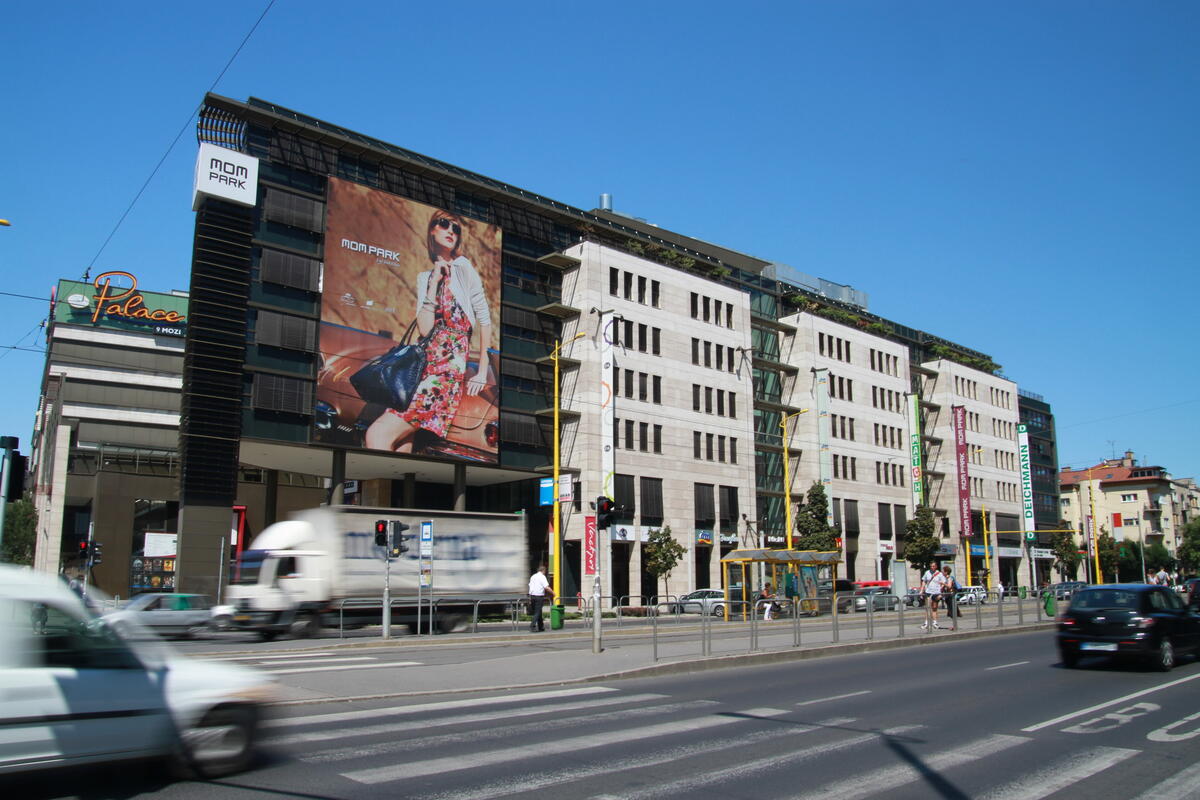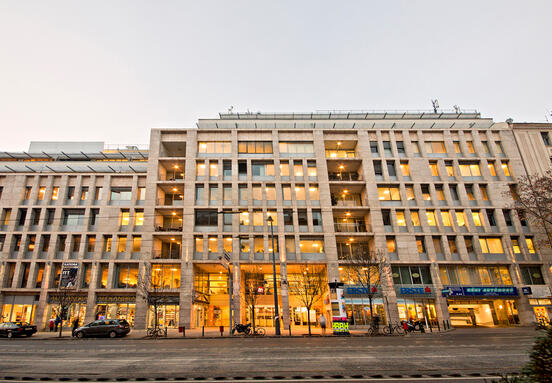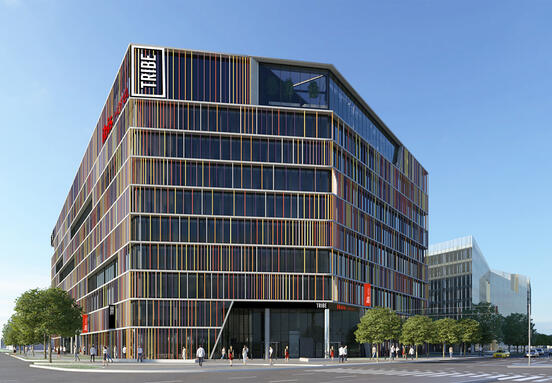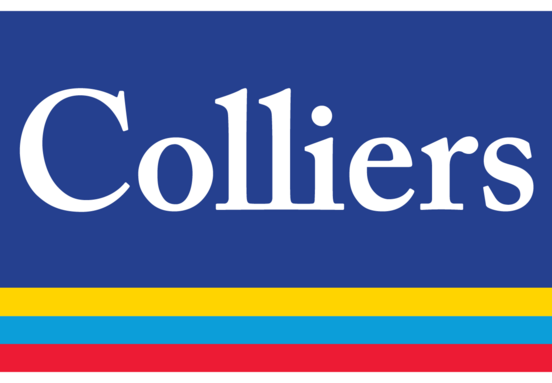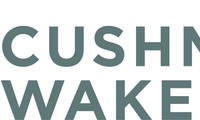Whilst in 2014 we saw a clear re-emergence of investment activity, this was focussed on domestic funds such as Diófa and Erste Fund and the internationals tended to stay away. Ironically, whilst manufacturers and outsourcing companies have increasingly taken advantage of factors such as government incentives and the low cost, well educated workforce, this has not filtered through to the international investment market. Whilst Mercedes Benz, Audi etc continue to flourish here, the German investment funds have been reluctant to move on the market.
Cushman & Wakefield, as Morgan Stanley’s advisor in the AEW deal, see the fundamentals as being the key. The low-rent hangover from the recession and subsequent lack of development supply set against increasing levels of demand – record levels in the office market – bode well for future rental growth prospects. Unlike Hungary’s traditional competition – Poland and the Czech Republic – vacancy levels are on the way down.
There has been lots of talk of the “wave of capital” coming east, but experience shows that investors need to see that they are not the only players in town. The positive news from the Morgan Stanley deal is a wake-up call to other funds as to what Hungary has to offer them.
Viktoria Szabo, Partner, Head of Retail at Cushman & Wakefield helped analyse MOM Park to identify repositioning and value add potential as part of the AEW deal. She is optimistic that the future is strong for the retail sector and points out that retail spend is increasing following 10 years of decline. The recession saw the “survival of the fittest” retail schemes, with the better schemes realigning themselves, consolidating performance, increasing footfall and taking market share away from failing schemes. There is now a clear definition in the market between schemes and the Budapest market no longer seems oversupplied in the sector. New or expanding retailers struggle to find decent space in the existing stock and Szabo sees this as an opportunity for schemes like MOM Park to continue to pull away from the field.
On the office side, David M Johnston Associate, Head of Office Agency at Cushman & Wakefield in Budapest points out that record take-up is driven by the larger international occupiers for out-sourced functions. Yet these occupiers are increasingly discerning in the stock they take – corporate responsibilities (such as green building designation) and the quality of accommodation (critical for staff retention) are increasingly important. Much of the stock built in the previous decade is already dated or in the wrong location, and with very little supply coming out of the ground in the past five years, true class A buildings are in very limited supply – and, indeed, vacancy rates are sub-10% for the best in class buildings. Against this background, net rents are already on the climb – a trend that is likely to continue.
Cushman
